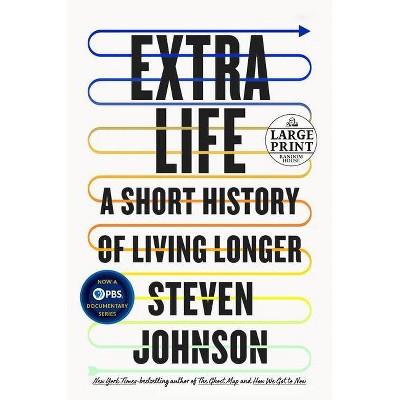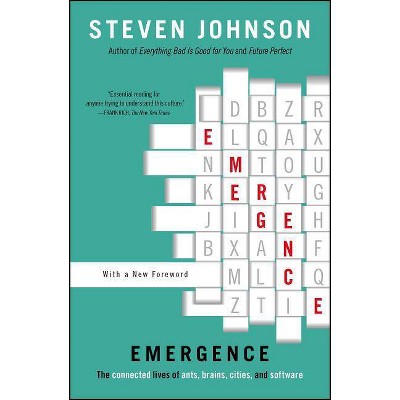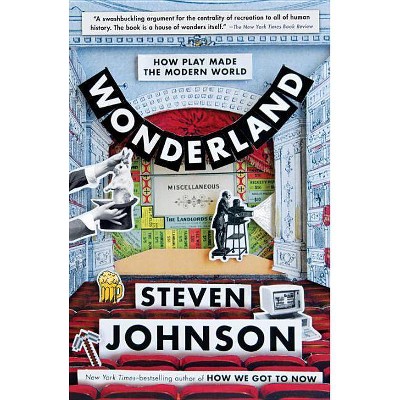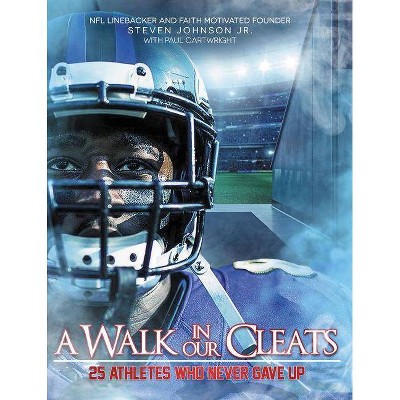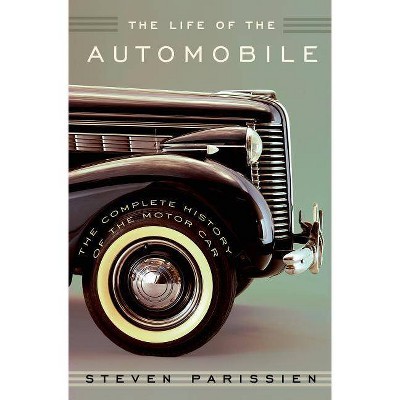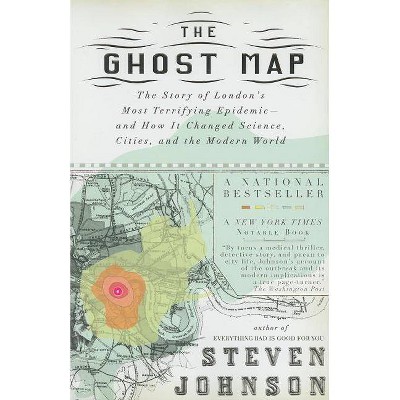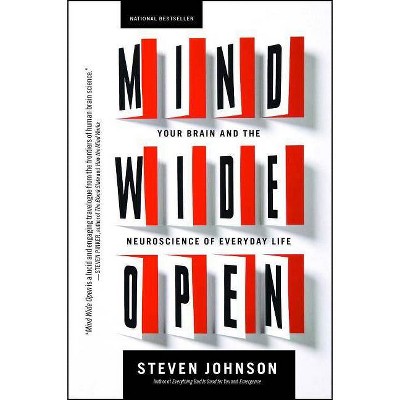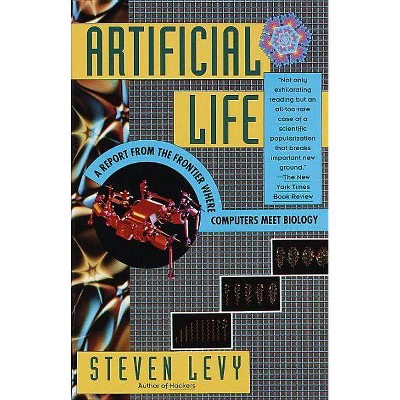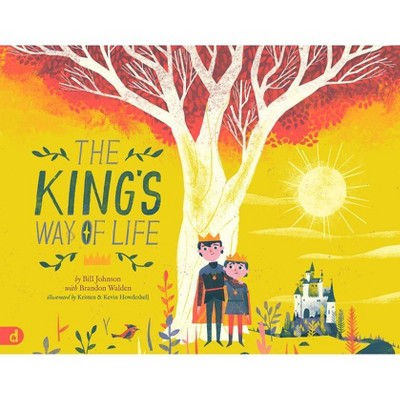Extra Life - by Steven Johnson (Hardcover)
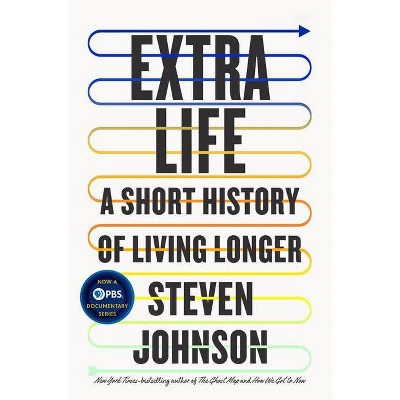
Similar Products
Products of same category from the store
AllProduct info
<p/><br></br><p><b> About the Book </b></p></br></br>"As a species, humans have doubled their life expectancy in one hundred years. Medical breakthroughs, public health institutions, rising standards of living, and the other advances of modern life have given each person about 20,000 extra days on average. This book attempts to help the reader understand where that progress came from and what forces keep people alive longer. The author also considers how to avoid decreases in life expectancy as public health systems face unprecedented challenges, and what current technologies or interventions could reduce the impact of future crises"--<p/><br></br><p><b> Book Synopsis </b></p></br></br><b>"Offers a useful reminder of the role of modern science in fundamentally transforming all of our lives." --President Barack Obama (on Twitter)</b> <p/> <b>"An important book." --Steven Pinker, <i>The New York Times Book Review</i></b> <p/> <b>Now also a PBS documentary series: the surprising story of how humans gained what amounts to an extra life, from the bestselling author of <i>How We Got to Now</i> and <i>Where Good Ideas Come From</i></b> <p/> As a species we have doubled our life expectancy in just one hundred years. All the advances of modern life--the medical breakthroughs, the public health institutions, the rising standards of living--have given us each about twenty thousand extra days on average. There are few measures of human progress more astonishing than our increased longevity.<br> This book is Steven Johnson's attempt to understand where that progress came from. How many of those extra twenty thousand days came from vaccines, or the decrease in famines, or seatbelts? What are the forces that now keep us alive longer? Behind each breakthrough lies an inspiring story of cooperative innovation, of brilliant thinkers bolstered by strong systems of public support and collaborative networks. <p/> But it is not enough simply to remind ourselves that progress is possible. How do we avoid decreases in life expectancy as our public health systems face unprecedented challenges? What current technologies or interventions that could reduce the impact of future crises are we somehow ignoring? <p/> A study in how meaningful change happens in society, <i>Extra Life</i> is an ode to the enduring power of common goals and public resources. The most fundamental progress we have experienced over the past few centuries has not come from big corporations or start-ups. It has come, instead, from activists struggling for reform; from university-based and publicly funded scientists sharing their findings open-source-style; and from nonprofit agencies spreading new innovations around the world.<p/><br></br><p><b> Review Quotes </b></p></br></br><br><b>Praise for <i>Extra Life</i> </b> <p/>"Fascinating." --<i>The Wall Street Journal <p/></i>"Offers a useful reminder of the role of modern science in fundamentally transforming all of our lives." --President Barack Obama (on Twitter) <p/>"Fascinating story." --Fareed Zakaria on <i>Fareed Zakaria GPS</i> <p/>"To call this timely would be something of an understatement." --The Toronto Star <p/> <i>"Extra Life</i> could not be timelier." --Science Magazine <p/> "[Extra Life] gives important insight into the history of a few specific leaps and bounds we've made as a species to outwit disease, famine and even the safety threats posed by our own inventions." --Discover Magazine <p/>"Johnson is a fine storyteller. . . . <i>Extra Life</i> is an important book." --Steven Pinker, <i>The New York Times Book Review</i> <p/>"A surprising look at why humans are living longer. . . Entertaining, wide-ranging, and--in light of -19--particularly timely." --<i>Kirkus Reviews</i><br><p/><br></br><p><b> About the Author </b></p></br></br><b>Steven Johnson</b> is the bestselling author of thirteen books, including <i>Where Good Ideas Come From</i>, <i>Farsighted</i>, and <i>The Ghost Map</i>. He's the host and cocreator of the Emmy-winning PBS/BBC series <i>How We Got to Now</i>, and the host of the podcast <i>American Innovations</i>. He lives in Brooklyn, New York, and Marin County, California, with his wife and three sons.
Price History
Cheapest price in the interval: 17.39 on October 28, 2021
Most expensive price in the interval: 17.39 on November 6, 2021
Price Archive shows prices from various stores, lets you see history and find the cheapest. There is no actual sale on the website. For all support, inquiry and suggestion messages communication@pricearchive.us
